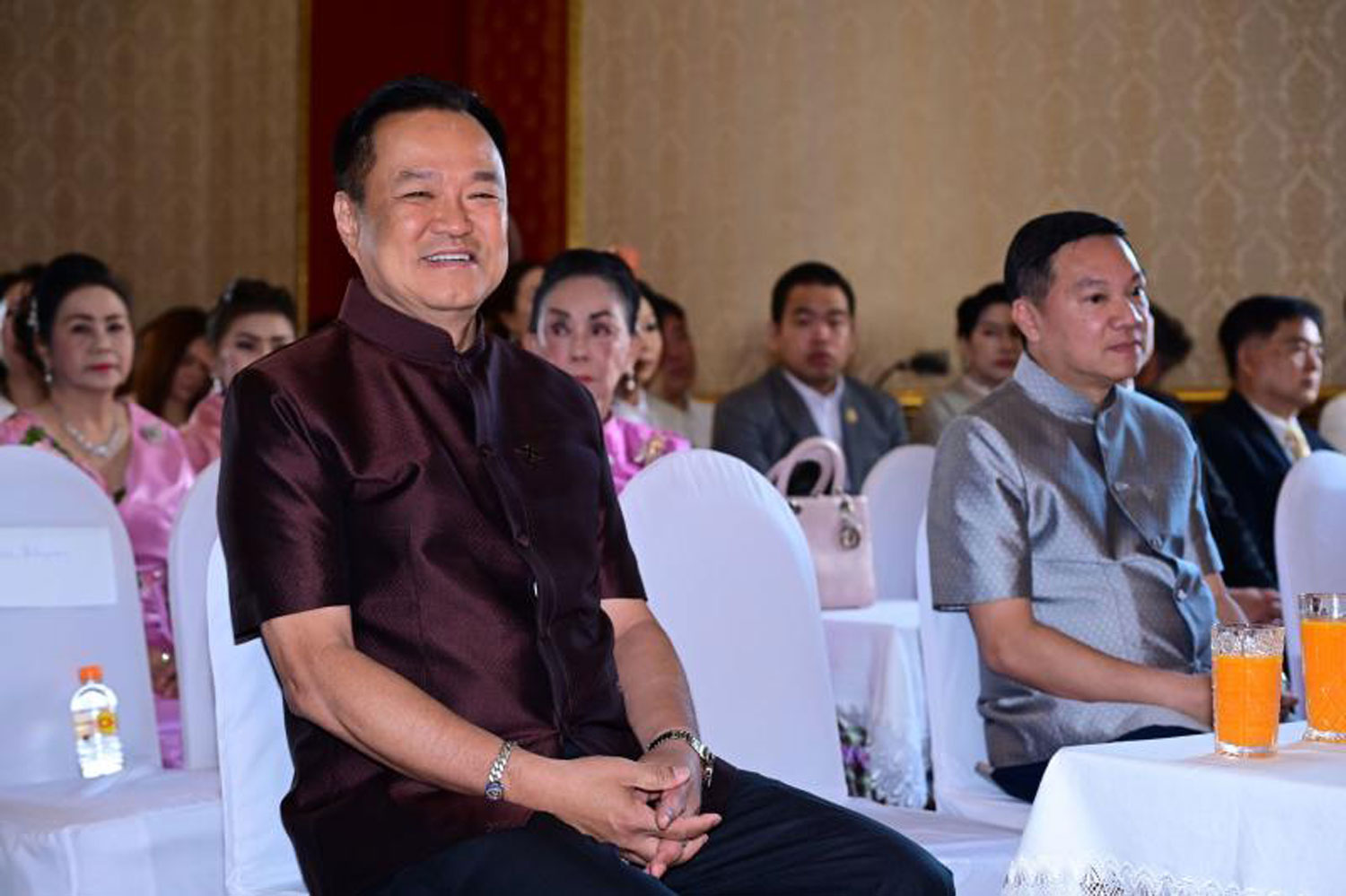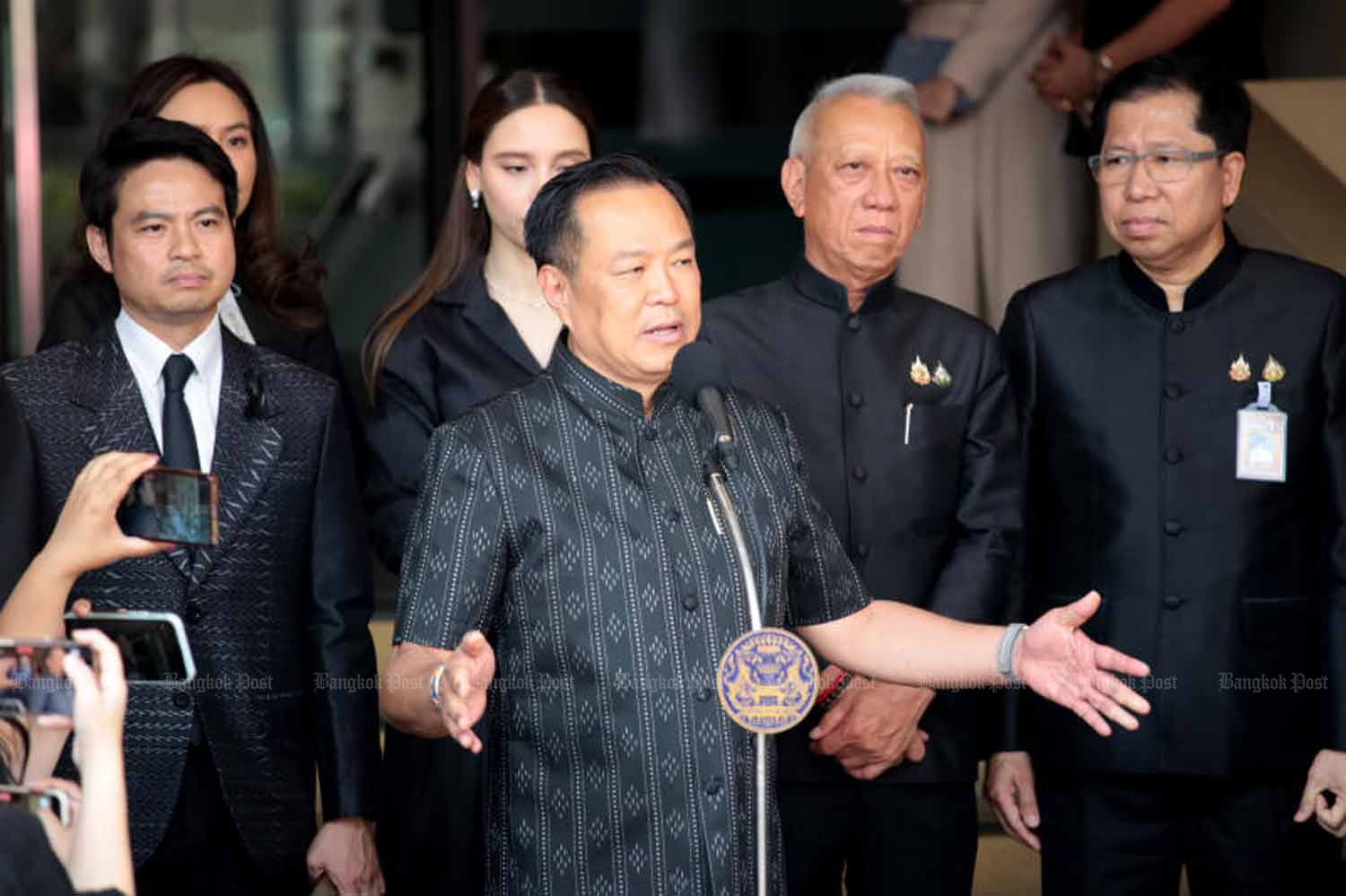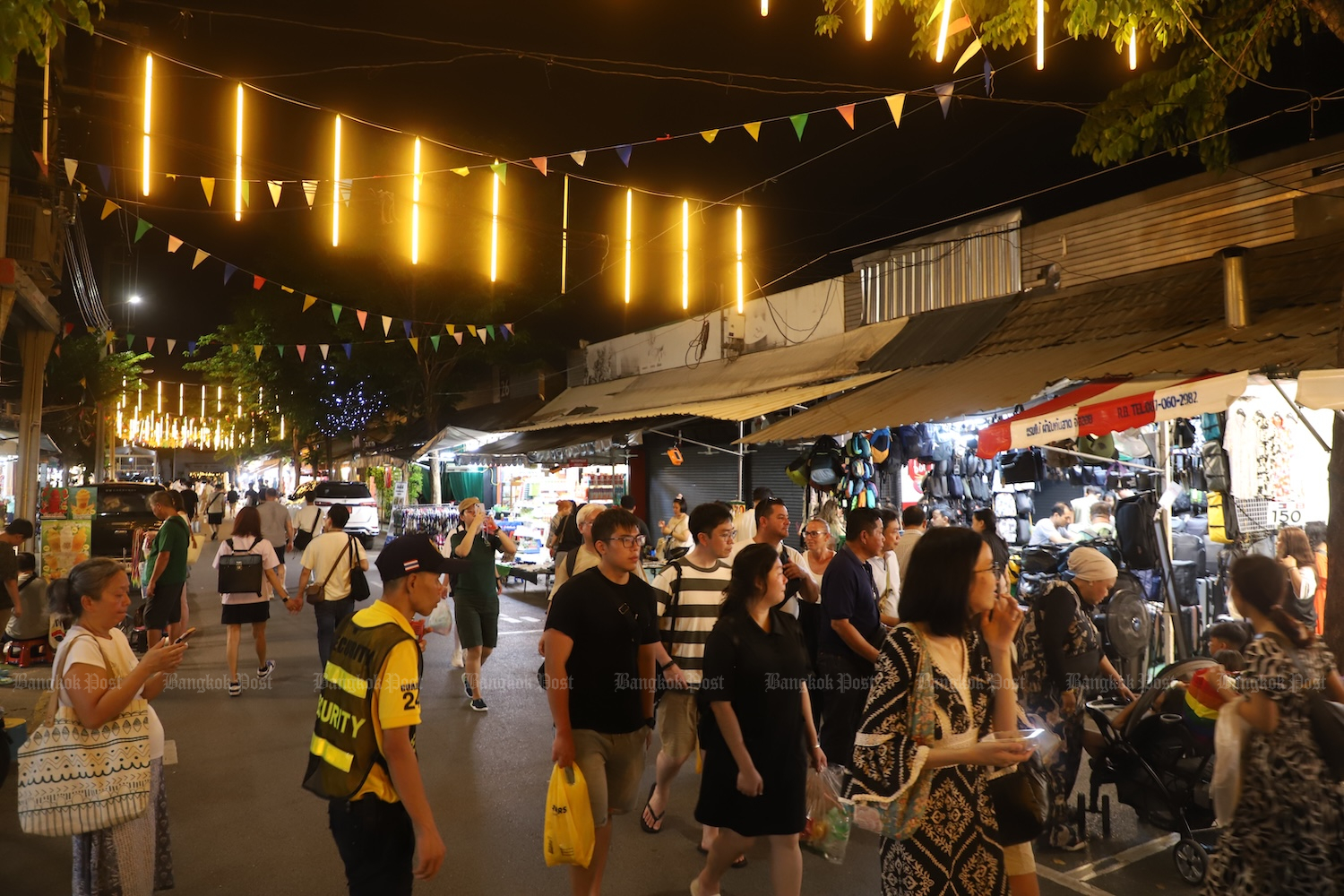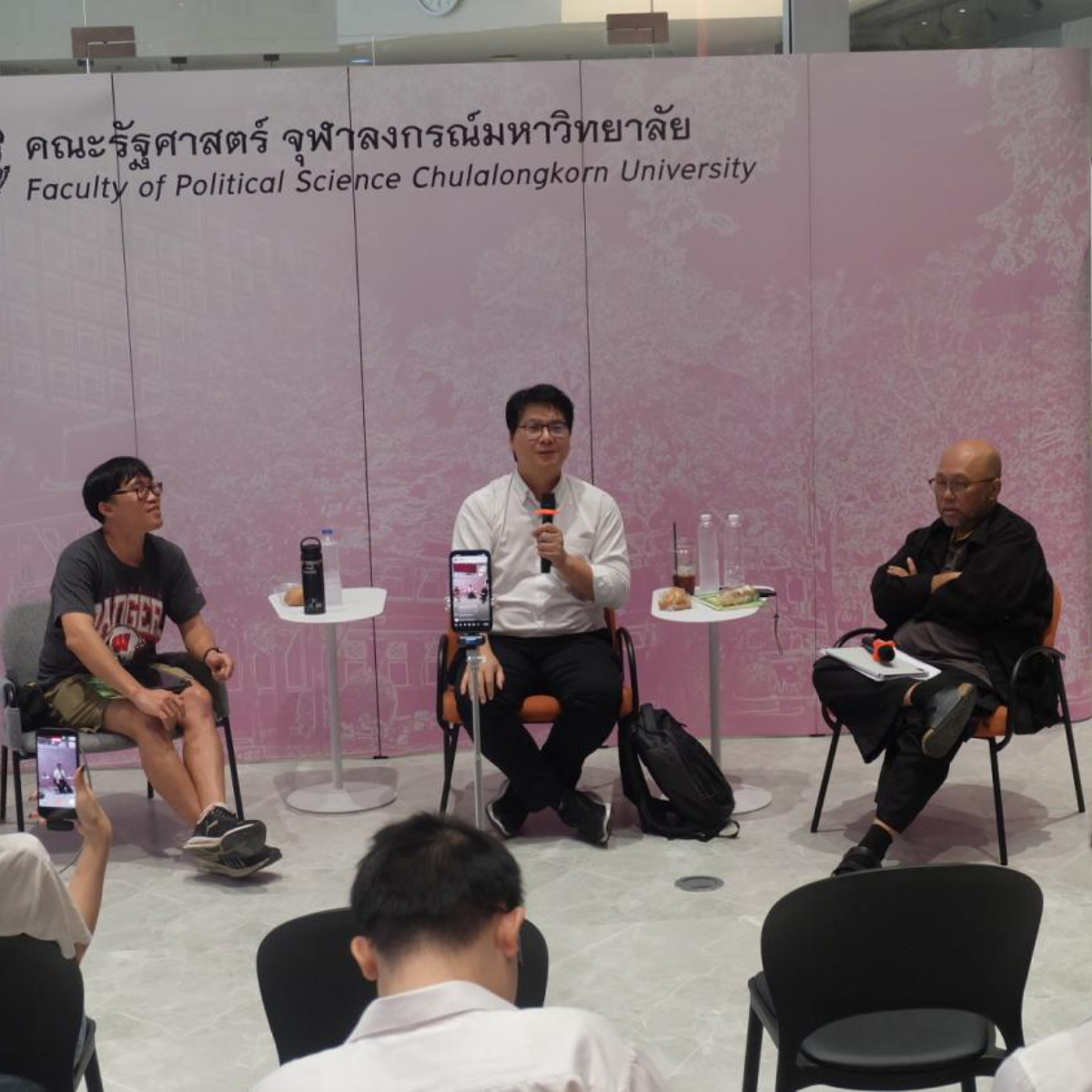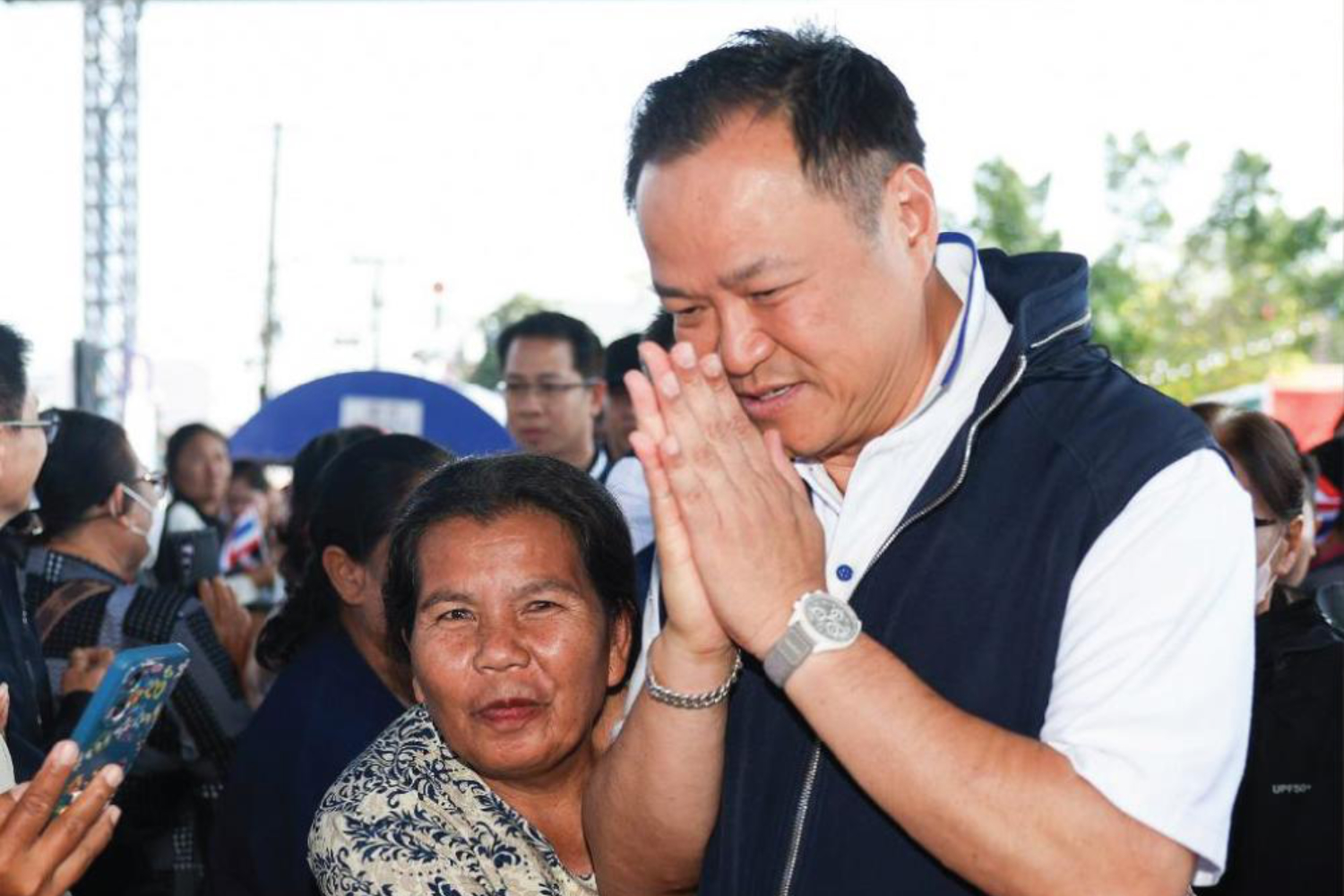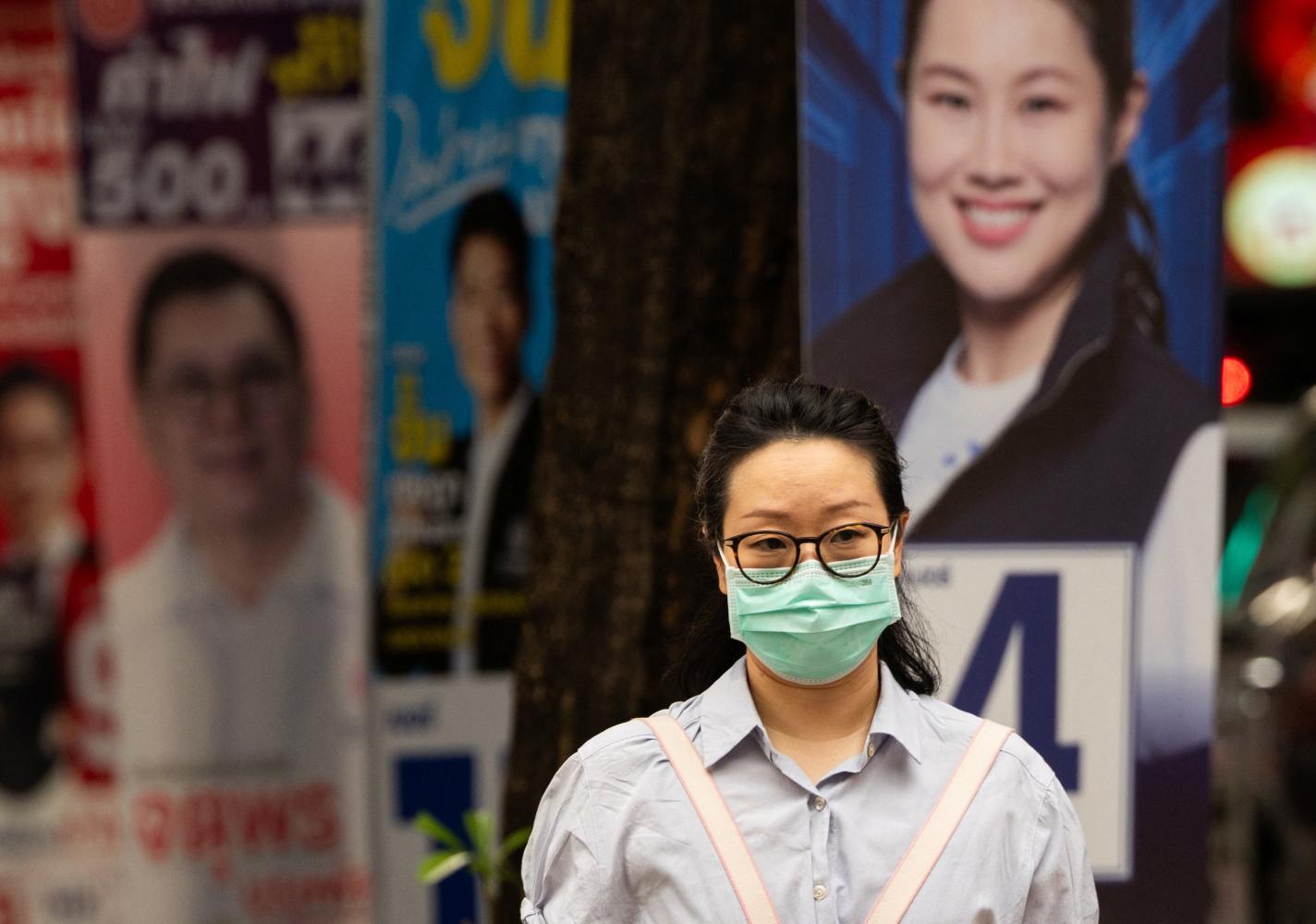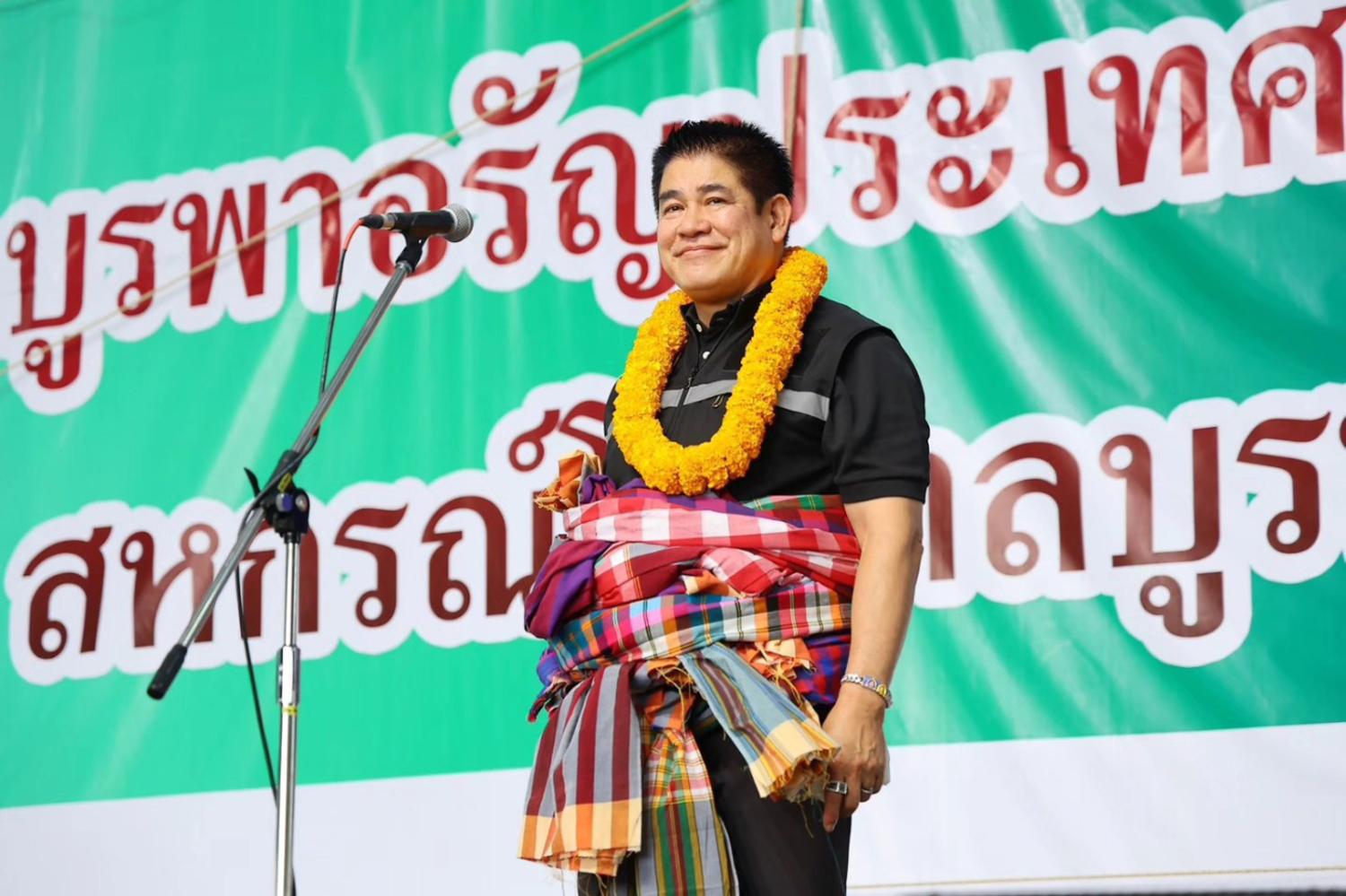Showing 1 - 10 of 10,000
Bhumjaithai-led coalition ‘finalised’, minus Klatham
Online Reporters, Published on 21/02/2026
» A coalition government led by the election-winning Bhumjaithai Party has been finalised with a combined 300 House seats — and minus the Klatham Party, according to a source.
PM Anutin expects new govt to serve full term
Post Reporters, Published on 10/02/2026
» Bhumjaithai leader Anutin Charnvirakul expects his new government to serve its full four-year term, while a key party figure says the coalition being formed should have about 300 MPs.
Economists outline most urgent tasks
Business, Published on 10/02/2026
» Urgent priorities of the new government are to ease the cost-of-living burden on the public, find markets for SME products and push ahead with policies promised during the election campaign, economists say.
The art of persuasion
Life, Published on 10/02/2026
» Following the Siamese Revolution, the country held its first general election and only indirect vote on Nov 15, 1933. Voters chose village representatives, who then elected candidates in their province to enter parliament. In the run-up to the country's first poll, Samran I-machai, an MP candidate in Ayutthaya, handed out booklets to voters.
Conservative vote could consolidate around Bhumjaithai
News, Published on 07/02/2026
» The Bhumjaithai Party has emerged as an unexpected wedge within the conservative camp, prising apart supporters who once reliably backed ultra-right and establishment parties such as Palang Pracharath and United Thai Nation.
Will poll be breakout or more of same?
Oped, Thitinan Pongsudhirak, Published on 06/02/2026
» As Thais go to the polls this Sunday, the most consequential question is whether Thailand will finally break out of its debilitating cycle of political instability and economic underperformance that has marked the past two decades. The signs and signals suggest otherwise -- at least not yet.
Thamanat steps up campaigning
News, Published on 27/01/2026
» Klatham Party prime ministerial candidate Capt Thamanat Prompow is campaigning in the North this week ahead of another trip to the South, following a Jan 17 rally in Songkhla and earlier flood response efforts in November.
Monks and politics
Oped, Postbag, Published on 26/01/2026
» Re: "Statue rivalry sows conflict", (Editorial, Jan 25).
Petroleum law changes put on hold
Business, Yuthana Praiwan, Published on 21/01/2026
» The Department of Mineral Fuels (DMF) has finished drafting amendments to the Petroleum Act to ensure the continuity of petroleum production when licences expire, avoiding delays that can result in expensive electricity bills.
Speed confusion
Oped, Postbag, Published on 20/01/2026
» I am not sure if I am in the minority who now resorts to a mapping app with speed limit warnings to help monitor my speed when driving on Thailand's country roads to ensure I comply with the speed limit and avoid a fine.




